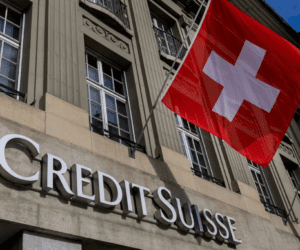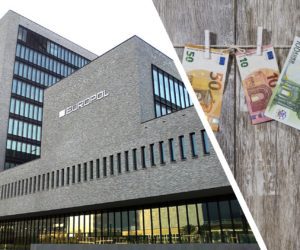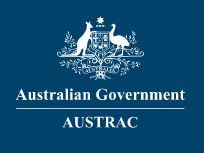By Elizabeth Hearst
The former Minister for Justice of Bulgaria, Hristo Ivanov has slammed the European Union for their role in financing Bulgaria amid allegations of wide-spread corruption in the Balkan state.
Following major protests in Bulgaria that have spanned five weeks, Ivanov maintains that Brussels and Berlin should heed responsibility for their role in funding the nation and the lack of supervision from the EU of Bulgarian judicial reforms.
In an interview with Politico, Ivanov said: “If the EU is unable to guarantee minimal standards of rule of law in a member state as weak … as Bulgaria, what is it good for?”
Ivanov now heads the anti-corruption Yes Bulgaria Party and is critical of the European Commission’s role, and added that the Commission had “wilfully closed its eyes to what is happening in Bulgaria”. He believes that the level of state interference from the mafia “was only made possible by the easy drug of EU funds”.
The political party has campaigned against the establishment which they believe have been infiltrated and controlled by oligarchs, who allegedly control businesses, judiciary, media and policing. Ivanov maintains that the silence from the EU in relation to this control is due to the unwavering support from Bulgaria’s Prime Minister Boyko Borissov for German Chancellor Angela Merkel and European Commission President Ursula von der Leyen.
“The thing is that the unequivocal support of Germany and the European Commission for Borissov is selling the credibility and political capital of Europe and Germany too cheaply. They could have gained the same level of cooperation without being so unprincipled and without demoralizing the Bulgarian public”, he said.
Ivanov believes that the nation’s interests are not an injection of cash, but rather a supervision or salvaging of the country’s justice system, which he believes is compromised. However, a spokesman for Borissov’s political party, GERB, declared that there was “no tolerance for corruption”, with the Prime Minister “repeatedly declaring” that he “will not protect anyone accused of corruption”.
The large-scale protests were triggered by Ivanov, after he highlighted the involvement between two associates of the country’s ethnic Turkish party – it’s former leader, Ahmed Dogan and media mogul Delyan Peevski.
In a video, Ivanov illustrated how Dogan was occupying a stretch of the Bulgarian coastline as his headquarters and was guarded by state security, despite the fact that he held no public office.
Ivanov attempts to highlight the control of oligarch’s into Bulgarian governance stems from primary concerns surrounding its justice system. It is alleged that the judiciary has been used in extortion, upheavals, and as a means of threat. Bulgarian’s are lining the streets in their thousands to protest and are demanding the resignation of the Prime Minister Borissov and Chief Prosecutor Ivan Geshev.
Although the corruption seen is at national level, Ivanov believes that it is “a matter of financial interest and national security to every European citizen”. He added: “This is not a domestic question, because the biggest, easiest corruption concerns European funds.”
As justice minister Ivanov attempted to bring in significant judicial reform, however his plans were scuppered by many in the Borissov government, following on from this he resigned. He criticised the lack of support from his European counterparts and the EU and said: “I wanted to see, if there is a real reformer in the ministry of justice, would there be enough European support for me?”
In response to his criticisms, the European Commission said that Bulgaria had made “sufficient” progress on judicial reform, in line with its commitments when joining the EU, but admitted it needed “continued” implementation of reforms on “judicial independence and the fight against corruption”.
Ivanov is hopeful that the recent protests and media attention to the current situation in Bulgaria means that “the system is reaching a point where it is unraveling”, but it remains to be seen if significant changes will be made to the Balkan state in an attempt to clean up its now reputable image.










